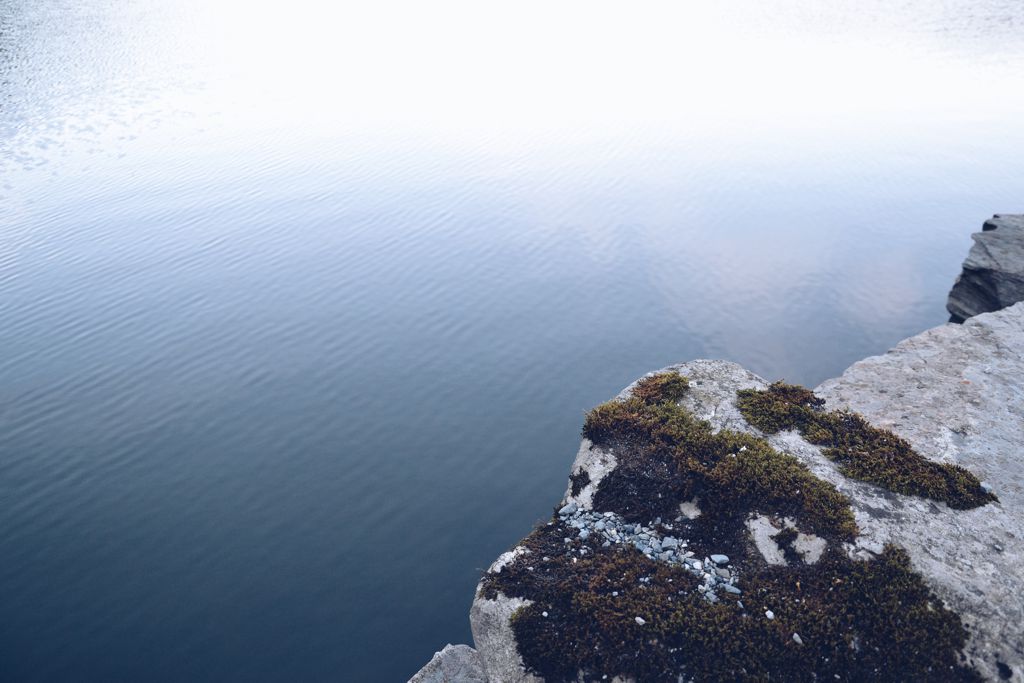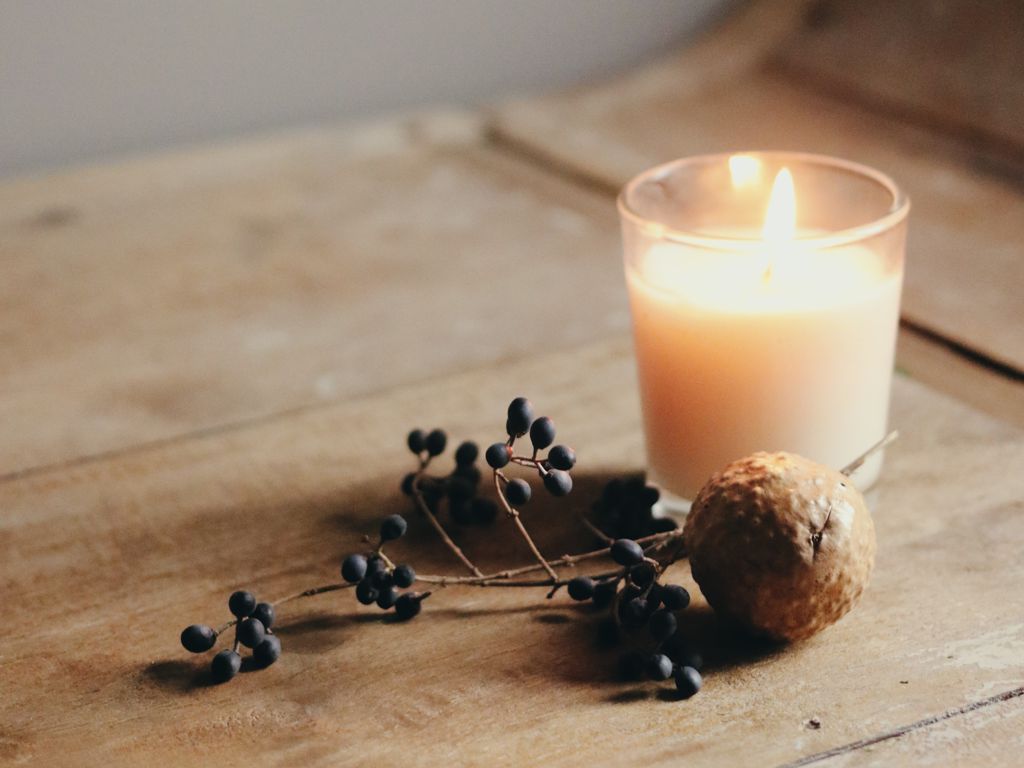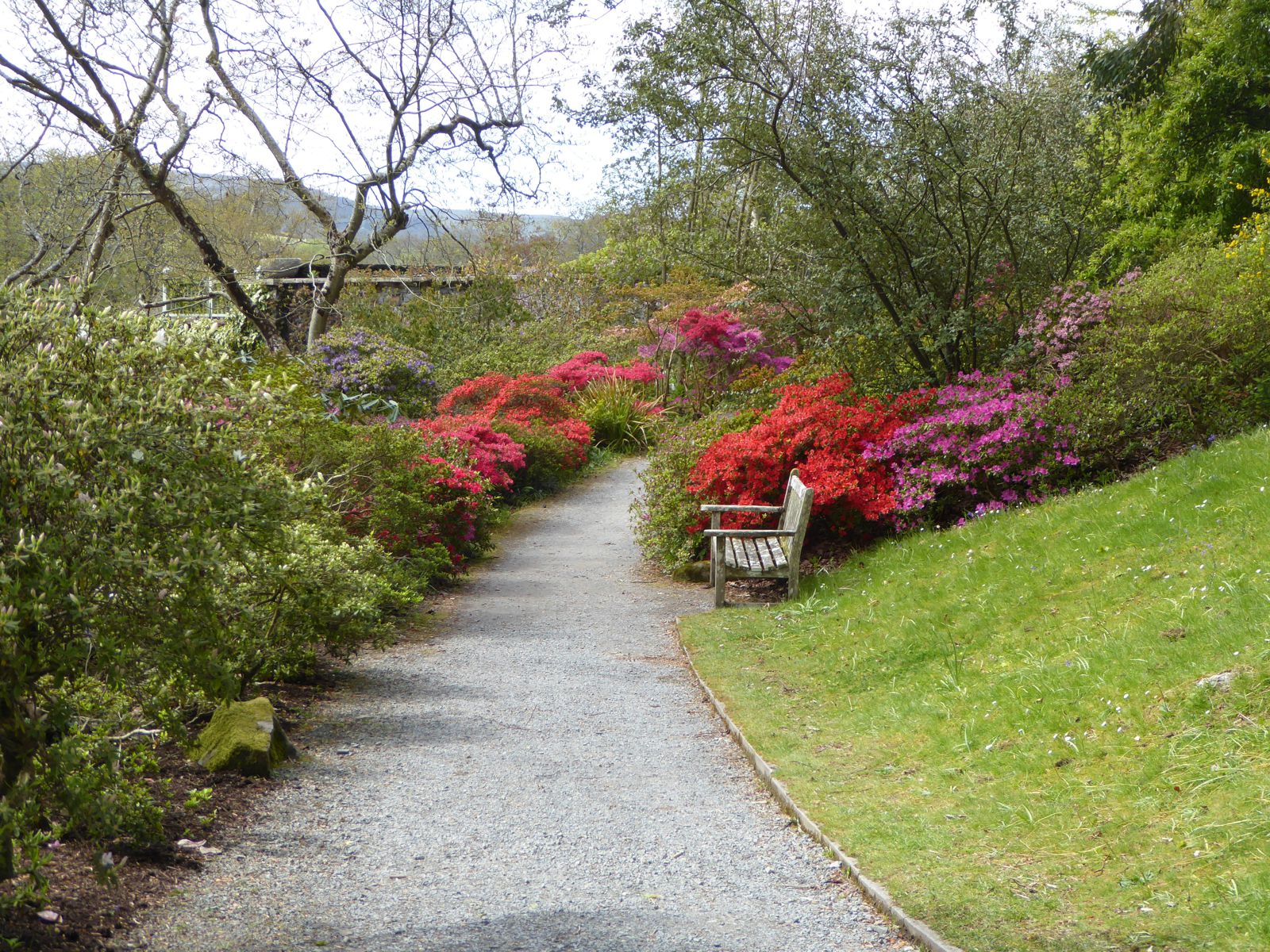Paying more attention to the present moment, including what you’re thinking and feeling and noticing your environment, can all help improve your wellbeing. In an environment like Rhossili we can use nature to positively change the way we approach life’s challenges ahead. Some people call this awareness “mindfulness*”. Mindfulness can help you enjoy life more and understand yourself better. It can positively change the way you feel about life and how you approach challenges.

*A form of therapy known as Mindfulness based Cognitive Behavioural Therapy (CBT) has been clinically proven to be at least as effective as drugs for depression and it is recommended by the UK’s National Institute for Health and Clinical Excellence (NICE).
Mindfulness is:
“Paying full attention to something (your breathing, your surroundings, an activity, really listening to someone else) on purpose, in the present moment, without judgement …”
Mindfulness is:
- A form of meditation
- A way of focusing your mind and thinking in a different way
- A skill that we all have
- A skill that with practice you can use more effectively
- A skill that will help you to feel more in control of your mind
Mindfulness isn’t:
- A hippy invention
- Just a way of relaxing (although it can be)
- Something you can’t do
Unmindfulness
This is when you’re doing more than one thing at once (multitasking). It’s when your attention is dispersed, you’re juggling demands and on automatic pilot. Its also when you’re caught up in negative judgments, worries & stresses. Although women pride themselves on multitasking it can be a problem. It’s associated with stress, more emotional reactions, less effective decision making and ineffective problem solving.
How Mindful am I?
Try this short questionnaire to assess your own ability to be mindful.
Instructions: Below is a collection of statements about your everyday experience. Using the 1-6 scale below, think about how frequently or infrequently you currently have each experience. Answer according to what really reflects your experience rather than what you think your experience should be. Treat each item separately from every other item.

Scale: 1 = almost always; 2 = very frequently; 3 = somewhat frequently; 4 = somewhat infrequently; 5 = very infrequently; 6 = almost never.
- I could be experiencing some emotion and not be conscious of it until some time later.
- I break or spill things because of carelessness, not paying attention, or thinking of something else.
- I find it difficult to stay focused on what’s happening in the present.
- I tend to walk quickly to get where I’m going without paying attention to what I experience along the way.
- I tend not to notice feelings of physical tension or discomfort until they really grab my attention.
- I forget a person’s name almost as soon as I’ve been told it for the first time.
- It seems I am “running on automatic” without much awareness of what I’m doing.
- I rush through activities without being really attentive to them.
- I get so focused on the goal I want to achieve that I lose touch with what I am doing right now to get there.
- I do jobs or tasks automatically, without being aware of what I’m doing.
- I find myself listening to someone with one ear, doing something else at the same time.
- I drive places on “automatic pilot” and then wonder why I went there.
- I find myself preoccupied with the future or the past.
- I find myself doing things without paying attention.
- I snack without being aware that I’m eating.
Scoring: Note your answers and add them up, then divide your total by 15. This will give you your average score for the fifteen statements. The higher the score, the higher your mindfulness. Typically the average score is around 3.86. The highest score is 6 and the lowest score is 1.
Some Mindfulness activities to try:
Leaves on a stream:
This can help shift your attention from the content of your thinking toward noticing the process of thinking. For example, one mindful exercise involves imagining leaves floating down a stream. As you do so, notice what thoughts and feelings show up. Place each one on a leaf and watch it float by.
You may notice that the leaves and stream disappear which suggests that you are absorbed by the content of the thought or distracted by other matters. The exercise encourages you to bring your attention back to the stream.
Eating a raisin or piece of chocolate mindfully:
Here is a classic mindfulness activity. Think about how many times you bolt down a snack or meal without actually noticing the food you’re eating. Here’s a way of doing things differently.
Take a sultana or a piece of chocolate:
- Look at it closely: what do you see?
- Feel it with your fingers: what do you feel?
- Sniff it – what can you smell?
- Put it in your mouth, don’t bite it: what do you feel and sense?
- Now chew it: what do you feel and taste?
- And finally swallow it: what do you feel and sense?
Throughout this activity, concentrate only on the task as long as you can without your mind wandering. This idea is to have a mindful experience of eating.
Yoga and Mindfulness
Yoga involves practising mindfulness. There’s a yoga group which meets in Rhossili Village Hall on Tuesdays 10-11.30 am. (Contact Kim Jones on 077548697362). It’s very popular and there is a waiting list! If you’re keen to get started and there aren’t places available, we’re very fortunate to have a number of other excellent Yoga leaders. Their classes are for all levels and take place in various venues not far from the village.
For more information contact Rose Fisher at www.breathoflifeyoga.co.uk. and if you fancy joining a yoga retreat on Gower go to info@saltandlightretreat.co.uk
You can learn more about Mindfulness on this NHS web page: https://www.nhs.uk/mental-health/self-help/tips-and-support/mindfulness/. They also provide a link to a short YouTube mindful breathing exercise video.
Gill Boulding

